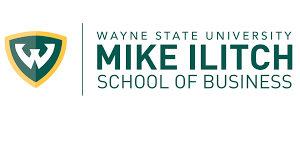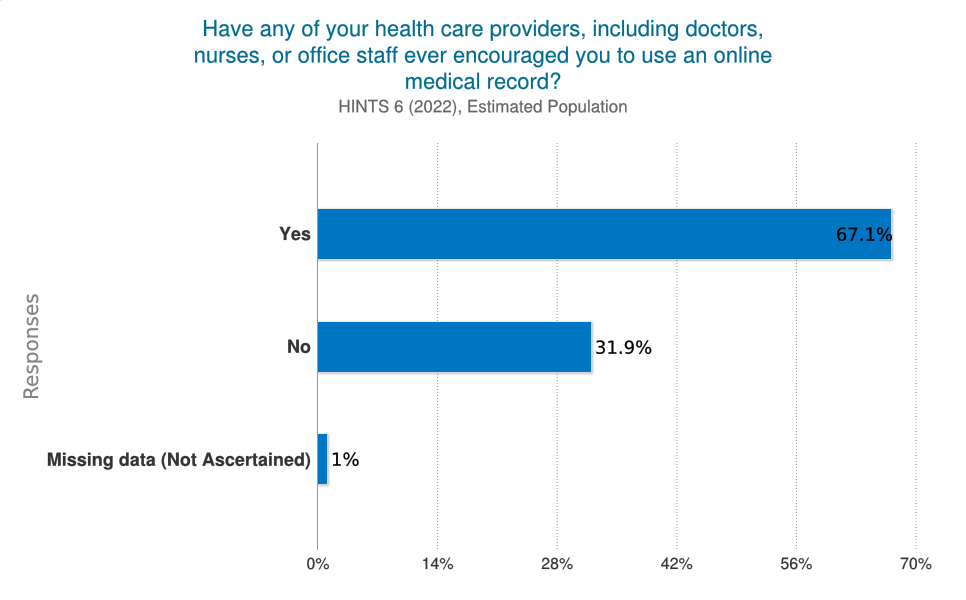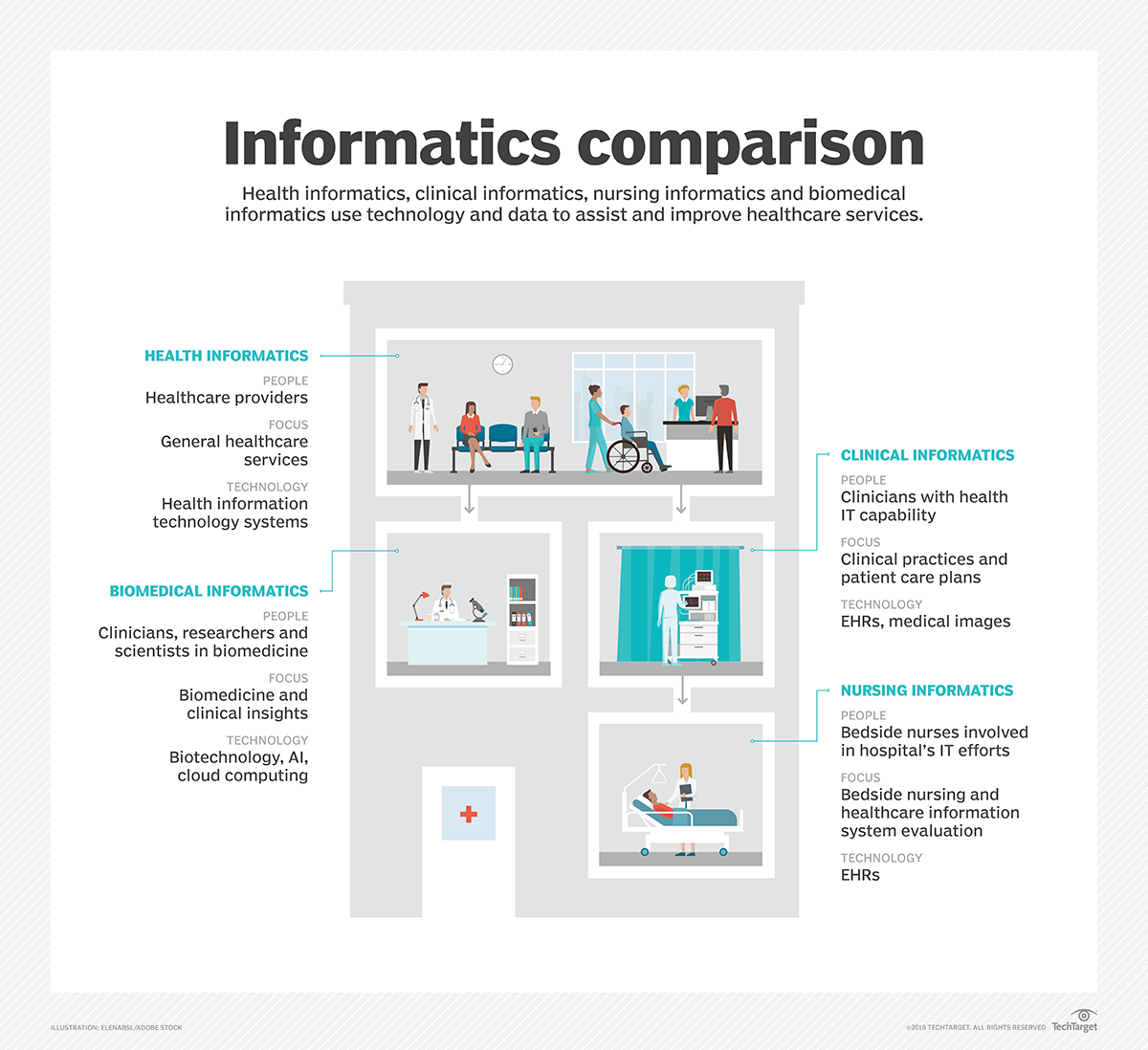Health Information Trends National Survey:
Have any of your health care providers, including doctors, nurses, or office staff ever encouraged you to use an online medical record?
https://hints.cancer.gov/view-questions/all-hints-questions.aspxHealthcare never stands still, and new innovations, as well as external factors, are driving continuous change. Here we look at the five biggest healthcare trends in 2023. We cover:
- #1: Artificial Intelligence in Healthcare
- #2: Remote Healthcare - Virtual Hospitals, Healthcare Communities, and Telehealth
- #3: Retail Healthcare
- #4: Wearable Medical Devices
- #5: Personalized Healthcare
Sentiment Analysis
18 positive sentences, and 0 negative ones were identified.
----------------------------------------
Summarization
TOP 5 HEALTHCARE TRENDS IN 2023
The word disruption has been heavily overused and heavily under-understood. What's so confusing about this word? And I call that species an experience disruptor.
-----------------------
https://www.assemblyai.com/playground/transcript/605u849179-42e3-4c01-88e0-abcb6421b561
Pulse Oximeter: How does it work? (0:52)
Wearable Ultrasound Stickers (3:16)
Exploring the Promise of Wearable Devices to Further Medical Research:
Internet of Things (IoT) in Healthcare (0:55)
Growth of Wearable Technology in Healthcare (4:51)
Exploring the Promise of Wearable Devices to Further Medical Research:
THREE MINUTES IN THE MONEY: HEALTHCARE
The panelists are focused on digital health and value based care. New York is the center of the healthcare universe.
GENERAL ATLANTIC'S HEALTHCARE INVESTING
Today we have 44 investments. We've got about $3 billion invested in those 44 investments all the way from really early stage to much later stage. We deploy seven to 8 billion a year both in the US and outside of the US.
HEALTHCARE AND HEALTH TECH
We all enjoyed a 2021 bonanza in every market. Healthcare and health tech was no different. We went from about $56 billion of investment in 2021 down to 33 billion last year. So kind of everyone, it's crystal ball time.
VENTURE CAPITAL NETWORK: EARLY-STAGE FINANCING
Venture capitalists pulled forward a lot of activity in 2020, 2021, even the first half of 2022. The start to this year has been slower, and certainly on the growth side, it's been quite lower. More consolidation. I think we're seeing a lot more structure.
WHY MORE SOFTWARE M and A WILL HAPPEN
There's been less capital in the private markets in general and software companies. Point solutions are just going to have a harder time breaking through in conversations with both health plans and health systems. The delta between the bid ask spread is wide, and hence you're just not going to get as many financings until it narrows.
IPO TURMOIL: THE TRICKLE DOWN EFFECTS
The best IPO market ever in 2021 to the worst ever on record in 2022. And all those trickle down effects, how you think about those with some of these dynamics?
IPO AND M and A
In the second half of the year, I think you probably could see year over year growth in the number of transactions. I think the IPO markets are likely to start to open up. I'm actually a little more bullish on number of deals that will occur this year.
VENTURE CAPITAL: EARLY-STAGE VERSUS LATER-STAGE
The early stage did remain relatively robust last year compared to maybe certainly the later stage, not just in healthcare, but just generally in venture. In the early stage, you have to understand healthcare. And so that's where I think the disconnect is.
EARLY-STAGE COMPANIES: BEST TIME TO START A BUSINESS
There's a misperception that there's a benefit for an early stage company to launching with a big valuation and lots of expectations. I think we're seeing sort of the opposite of that in certain cases. So I think that cycle can actually be to the benefit of folks right now.
HOW TO PITCH TO VCS
How many founder types do we have in the room? Do we have a fair amount? Great. How have the call to metrics and the expectations changed in the pitching dynamics? How should founders think about that as they're approaching VCs?
VALUATION FOR HIGH-GROWTH HEALTHCARE COMPANIES
How should founders think about pitching? He says revenue growth is important, but it's no longer the independent variable. Now you're seeing a lot more focus on thinking about unit economics from the beginning. He says continuing to show your ability to drive growth while prudently managing your cash balance is critical for any investor.
THE PENDULUM OF EARLY-STAGE TALENT
How far have we swung from that pendulum with these massive amounts of layoffs? I do think there's a lot of talented people amongst all of this, and that's why I think it could be a really ripe time to start a company.
THE SCARCITY OF ENGINEERS
Google laid off 12,000 people. That's where the scarce resource still lies. If you're in the software investing industry, we care about engineers, it's still a scarce resource.
MENTAL HEALTH IN THE TECH INDUSTRY
Tech has attracted roughly 25% of the capital that's gone into health. But yet we had 49% decline year over year in mental health. Why is that?
HAVE WE SEEN A SHIFT IN THE BEHAVIORAL HEALTHCARE MARKET?
There are things that defy the physics of healthcare, but it happened in some of the behavioral companies as well. People trying to figure out some combination of labor arbitrage or sort of practice at the top of the license. Having something that is kind of curated and proprietary is more rare than common.
WHY DID FUNDING FOR BEHAVIORAL HEALTH DROP
Why did funding and behavioral drop from 2021 to 2022? And I think really the umbrella reason is we're moving from reactive behavioral health care to proactive. And we're also starting to see a standardization of outcomes in this space. This will lead to providers that can take on more risk.
TOP 2 HEALTHCARE THERAPEUTIC THEMES
The first one that I'm interested in spending a lot of time in is the intersection of fintech and healthcare. I still think we have a lot to be done in behavioral health. The second is things moving out of acute care into more of Ambulatory setting.
OTHER SPECIALTIES WE'RE TAKING ON
You mentioned autism. One out of every I think 46 eight year olds is diagnosed with autism today. Only 20% of the authorized or diagnosed hours can actually be filled by providers. There are technologies that can drive efficiencies that will ultimately artificially increase supply in the form of higher productivity.
A NEW RENAISSANCE FOR AI IN HEALTHCARE
We're on an AI driven diagnostics and treatment recommendation in Moscow's health for care. A lot of investors are excited about AI. Do you see a lot of this in healthcare? What applications of AI excite you the most?
WHAT TYPES OF AI ARE DRIVING THE DIGITAL HEALTH CONFERENCE
There's a vast difference between AI and machine learning. Can you actually use it to think about how you collaborate with patients more intensely and or with providers to manage chronic conditions? I think AI is on the come. But we're actually probably seeing more toys than companies.
ARE WE READY FOR NON-VENTURE COMPANIES IN HEALTHCARE?
There is a notion that there are a lot of businesses in the European market that can't really be venture. Cell cycles in healthcare just take too long for them to be a venture. Maybe some classic multi stage tech funds who ended up going quite deep in healthcare investing might pull back.
MEDICAL DEVICES: THE FUTURE OF THE SURGERY
We are building a medical device company. We want to obviously bring it to the US market very quickly but establish first in Australia and move quickly here. How are your sort of investment groups viewing offshore entities that want to come into the United States market?
HEALTH TECH AND FINTECH: WHERE MONEY FLOW
We have a brand focused solely on health tech. We have fintech, too. That's a trend we've noticed as well. You've spoken about what you're excited about and where you think the money is going to flow.
DIRECT-TO-CONSUMER AND LEVERAGED SALES
One area that we've seen companies trip themselves up in is exclusively focusing on direct to consumer without a core value prop. If you're going into the D to C space, what's your brand advantage? Do you have an end market that will continue to buy your services even in a recessionary environment?
NON-REIMBURSEABLE COSMETIC PROCEDURES
During the pandemic we had a spike in cosmetic surgery, medical aesthetics, plastic surgery, hair restoration, men's health. What's your perspective on sort of non insurance or elective cosmetic procedures?
Sentiment Analysis
We identified 141 positive sentences, and 84 negative ones.
The job Healthcare Investment Trends:
https://www.youtube.com/watch?v=5tZvvMSUAs4
MICROSOFT'S HEALTHCARE AND LIFE SCIENCES TEAM ROUNDTABLE
You roundtable discussion on exploring healthcare trends and technology in healthcare. Also joined by industry analyst IDC to share some of their interesting insights on how healthcare and technology is at one of the most exciting and interesting intersections today.
INTELLIGENT DATA MANAGEMENT: THE NEED FOR IT LEADERSHIP
I'm the group vice president for public sector and industry ops at IDC. I want to share with you some insights from our research around intelligent data management. How important the role of governance is, and how we address the major challenges that are facing the industry. Some really key technology trends, too, that I'd like to share.
INTELLIGENT DATA MANAGEMENT: THE NEED FOR AI IN HEALTHCARE
There are three key technology trends that are driving the investment in intelligent data management solutions. First is the proliferation of healthcare data. By 2025, 65% of healthcare organizations will have data governance frameworks in place prioritizing the use of AI for predictive, preventive and personalized care.
HEALTHCARE LABOR SHORTAGES AND THE BURNOUT
The sheer number of shortages of physicians, anywhere from nearly 40,000 to 124,000 physicians within the next twelve years will be short by. 275,000 additional nurses are going to be needed between 2000 and 2023. These shortages are leading to significant rates of burnout. How can we use technology to address this?
WHAT DOES IT LOOK LIKE TO BE A DATA DRIVEN CULTURE?
So what does it look like to be a data driven culture? One of our surveys, we actually did a little bit of a self assessment of those who were data driven and those that were not as data driven. You need to make it part of the MBO for your folks.
OPPORTUNITIES FOR HEALTHCARE DATA AND SECURITY
There are lots of concern about data privacy and security. Getting consensus on strategy is something that we can control. Most organizations tackle moving to being data driven. And yes, this all will take some budget and money.
TOP 3 HEALTHCARE PRIORITIES
What do you see as some of the top business or technology priorities for healthcare organizations today? Lynn really talked about kind of improving quality, the patient and clinician experience, but also the challenge of reducing cost. Technology interoperability and actually data processing at the tremendous volumes is the key to the patient centered approach.
HOW HEALTHCARE ORGANIZATIONS ARE LEVERAGING TECHNOLOGY TO REDUCE CLERICIAN BURN
Have you seen or heard of healthcare organizations effectively leveraging technology to address clinician caregiver nurse burnout? How are they leveraging those technologies to help support frontline workers today? Two technologies, the RPA robotic process automation and also the remote patient monitoring.
HEALTHCARE TECHNOLOGY AND IMPROVED ACCESS TO CARE
The pandemic accelerated the investment in connected health technologies. Virtual care is another example that a lot of folks had to avail themselves of using hospitals. We're also seeing an uptick in wanting to do remote patient monitoring. There's lots of ways that we can use technology to increase access to care.
TELEHEALTH AND THE FUTURE OF PATIENT MONITORING
Telehealth and the future consumer devices on the RPM is the big boom in the industry now. With any consumer grade device right now, Apple Watch, you get anything that is actually on your wrist, on your own finger, or anything that will make the telehealth visit much more mature and much different.
WHAT ARE THE IT INVESTMENTS IN AI AND MACHINE LEARNING?
With the growing interest in AI and machine learning technologies, what do healthcare organizations really need to consider when they're preparing their data to leverage these technologies? Have a governing board with some principles about when and when not to leverage AI.
A WORD ON HEALTHCARE INNOVATION
From telehealth to the remote patient monitoring, are being supported by Medicare, Medicaid and many providers. Microsoft is working with a lot of healthcare networks actually and hospitals and smaller providers to support their journey toward digital transformation.
Sentiment Analysis
We identified 140 positive sentences, and 23 negative ones.
The job Unveiling the Future: Exploring Healthcare Technology Trends!
https://www.youtube.com/watch?v=_y0jOeGrhfk
Health Informatics
You roundtable discussion on exploring healthcareersections today.
https://www.techtarget.com/searchhealthit/definition/health-informatics
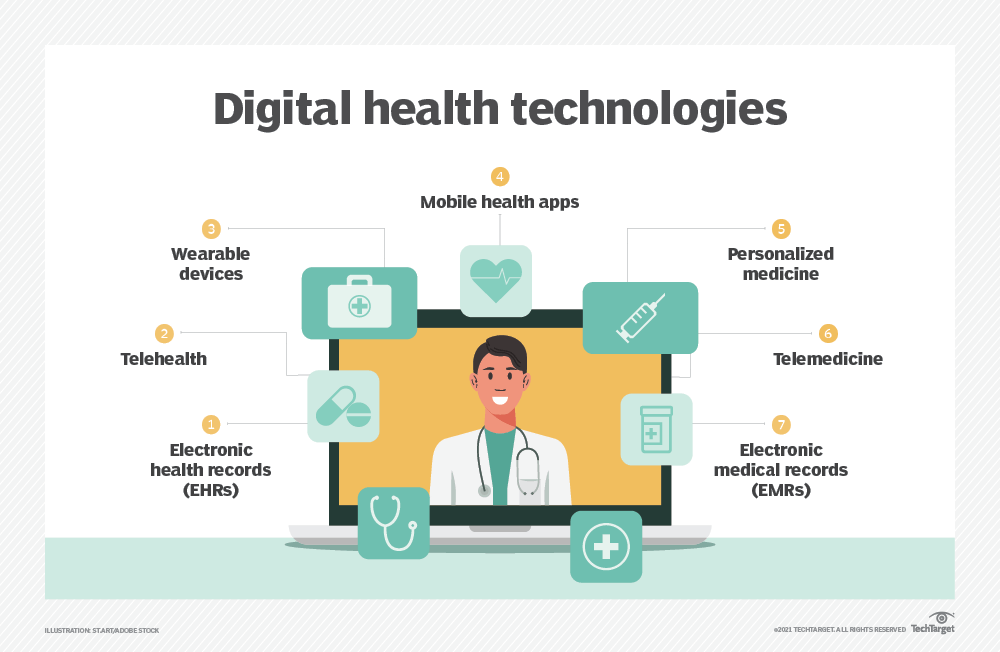
Digital Health Technologies Informatics
You roundtable discussion on exploring healthcareersections today.
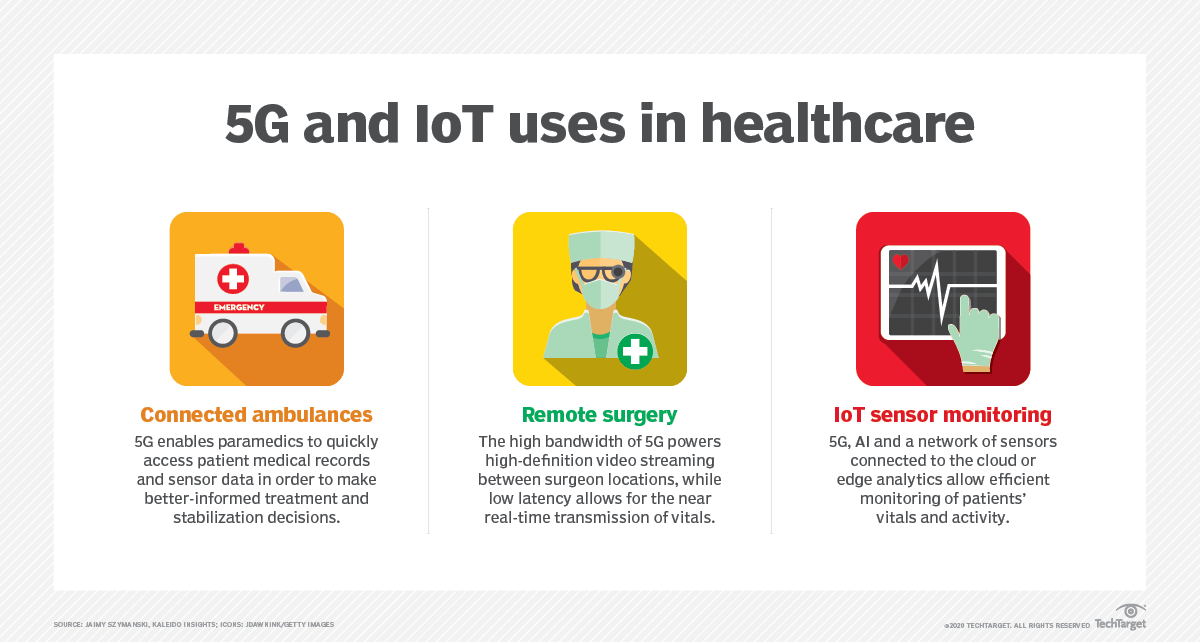
Digit5G and IoT Uses in Healthcare
You roundtable discussion on exploring healthcareersections today.
